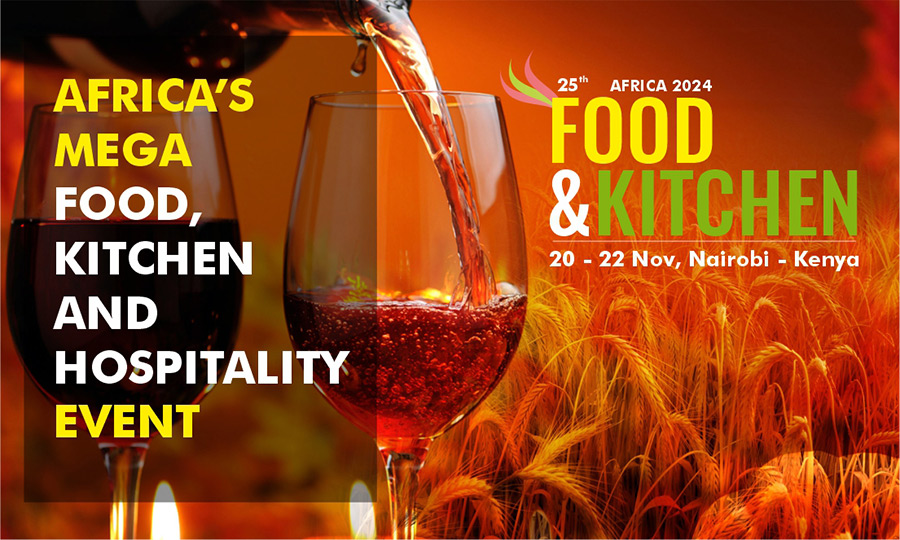

IRRI opens regional office in Kenya to support Africa's rice productivity
Posted on :Thursday , 11th October 2018
The International Rice Research Institute (IRRI) has opened a new regional office in the Kenyan capital Nairobi to help Africa achieve self-sufficiency and productivity in rice production.
The new regional hub hosted by CGIAR center, the International Livestock Research Institute (ILRI) will work in collaboration with AfricaRice to offer training and research services on rice production in Africa.
IRRI will provide high-yielding and climate-smart rice varieties, train on best practices in crop management and intensive farming and help build efficient, sustainable and profitable rice-based systems.
AfricaRice and IRRI will work to deliver on the rapidly growing needs of the African rice sector in line with the Sustainable Development Goals.
"IRRI is very grateful to ILRI for hosting our regional office here within their headquarters,” said Abdelbagi Ismail, IRRI’s regional representative for Africa.
“Their generous support, as well as their extensive experience and network in the region, will be invaluable in helping IRRI work with governments and national institutions to accelerate the agricultural opportunity across the continent.”
According to IRRI, rice is the fastest-growing staple food in Africa attributed to growing population numbers, rising urbanization, higher per capita incomes and changing consumer preferences.
While over 130 million hectares of inland valleys are suitable for rice farming, only about 10 million hectares are utilized, thus many African nations have had to import 50% to 90% of their rice due to insufficient production.
Efforts to boost agricultural priorities falls in line with the continent’s ‘Boosting Africa’s rice sector’ developed by AfricaRice and national partners.
“It is important to foster greater regional and international collaboration on the development and diffusion of improved technologies in sub-Saharan Africa to sustainably meet increasing demand,” noted IRRI.
According to IRRI, rice consumption in sub-Saharan Africa is growing at the expense of traditional staples like cassava, millet and sorghum, and demand continues to surpass local production.
Please Select an Option

Expogroup
Expogroup is a full service exhibition organiser with over 28 Years experience in International trade exhibitions. Our current portfolio includes 28 annual exhibitions from a diverse range of industries being held across the Middle East & Africa.
EXPOGROUP © 1996 - 2024 | Privacy policy
